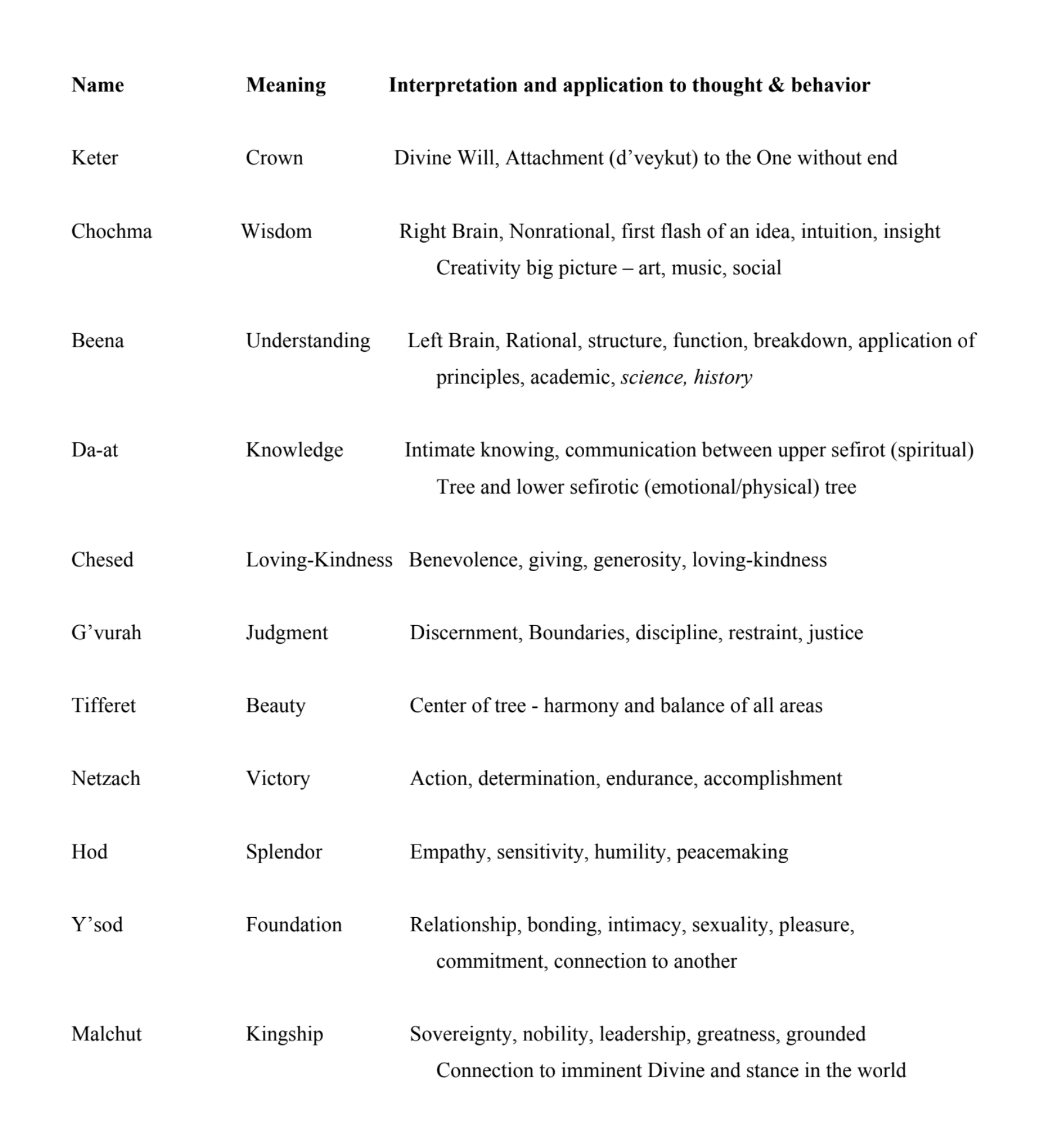

Thus, Sefirat HaOmer expresses our yearning for that great day, the day on which HaShem gave us the Torah, while we simultaneously undergo a process of purification in all the forty-nine levels of which man is comprised. On account of their love and anticipation for the Torah, it seemed to them as a long time ( Shibolei HaLeket 236). The Midrash relates that when Moshe told the Jews that after leaving Egypt they would serve God on Mount Sinai and receive the Torah, they asked, “When will this service take place?” Moshe answered, “Fifty days later.” Then, due to their great love, they counted every day and said, “Behold, one day has passed two days have passed,” and so on. The sefirah also expresses our anticipation for the giving of the Torah. Therefore, HaKadosh Baruch Hu waited seven weeks to enable them to purify themselves from the defilement of Egypt and reach a state in which they could receive the Torah (based on Zohar, Emor 97). This made them unworthy of receiving the Torah and necessitated a purification process. Chazal explain that the Children of Israel descended to the forty-ninth level of impurity during their bondage in Egypt.

The foundation of this mitzvah is rooted in our national inception. Nevertheless, ideally, we try to satisfy all opinions therefore, everyone must count for himself (see M.B. True, others hold that the law of sefirah is identical to that of other speech-related mitzvot and one may therefore discharge his obligation by hearing someone else’s count ( Pri Chadash, Birkei Yosef). With regard to the counting itself, however, several poskim hold that everyone must enunciate the count himself, as it says, You shall count for yourselves ( Levush, Chok Ya’akov). Similarly, one can fulfill his obligation to recite a blessing over the counting of the Omer by hearing the leader’s blessing.

In general, we have a rule when it comes to mitzvot that involve speech: “One who hears is as one who responds.” Therefore, for example, one can fulfill the mitzvah of remembering Amalek by hearing the reader. And everyone must verbalize the sefirah (count) himself.

This mitzvah is not incumbent upon the Rabbinic Court alone rather, every Jew is commanded to count forty-nine days. Until the morrow of the seventh week, you shall count fifty days, and you shall offer a new meal offering to the Lord ( VaYikra 23:15-16). It also says, You shall count for yourselves from the morrow of the “Sabbath” – from the day you bring the Omer of waving – seven weeks they shall be complete. Then you shall observe the Festival of Weeks for the Lord your God ( Devarim 16:9-10). This is the meaning of the verse: You shall count for yourself seven weeks from when the sickle begins the standing crop shall you begin to count seven weeks. The holiday arrives after the seven-week count is completed, which is why it is called Shavu’ot – the Festival of Weeks. The date on which Shavu’ot falls, however, is determined by the Omer count. For example, Pesach begins on the 15 th of Nissan and Sukkot on the 15 th of Tishrei. It is important to know that the holiday of Shavu’ot does not have a calendar date like the other holidays do. After the kometz was burnt up, everyone was permitted to eat from the new grains. First, a kohen (priest) would wave it and then he would separate a kometz and burn it on the altar. The next day, would be offered on the altar. That night, would go out, cut down stalks of barley, bring them to the Temple courtyard, thresh them, winnow them, separate out the chaff, toast the grains, grind them well, produce a tenth of an eifah of flour, sift it in thirteen sifters, mix it with a log of oil, and place upon it a kometz (around ¾ of a handful) of levonah (frankincense). The Omer is harvested on the sixteenth of Nissan, which coincides with the night after the first day of Pesach. Starting from the night of the Omer harvest, there is a mitzvah to count forty-nine days, which are seven weeks.


 0 kommentar(er)
0 kommentar(er)
